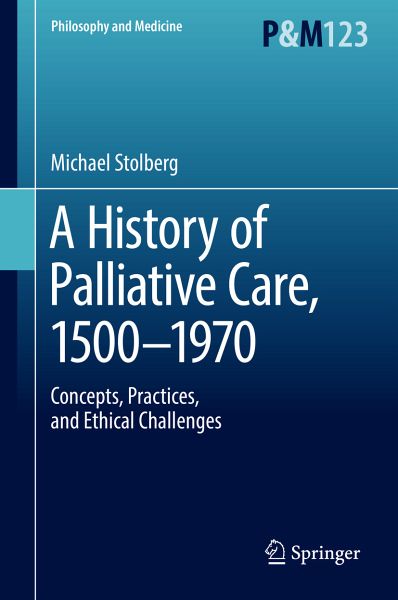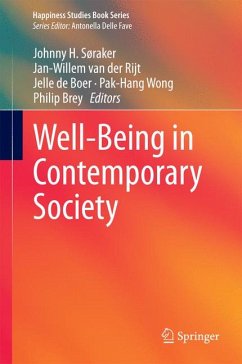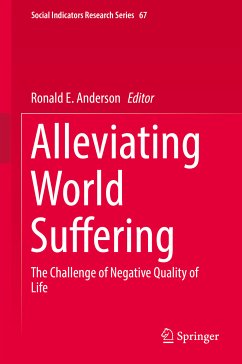
A History of Palliative Care, 1500-1970 (eBook, PDF)
Concepts, Practices, and Ethical challenges
Versandkostenfrei!
Sofort per Download lieferbar
96,95 €
inkl. MwSt.
Weitere Ausgaben:

PAYBACK Punkte
48 °P sammeln!
This book on the history of palliative care, 1500-1970 traces the historical roots of modern palliative care in Europe to the rise of the hospice movement in the 1960s. The author discusses largely forgotten premodern concepts like cura palliativa and euthanasia medica and describes, how patients and physicians experienced and dealt with terminal illness. He traces the origins of hospitals for incurable and dying patients and follows the long history of ethical debates on issues like truth-telling and the intentional shortening of the dying patients' lives and the controversies they sparked be...
This book on the history of palliative care, 1500-1970 traces the historical roots of modern palliative care in Europe to the rise of the hospice movement in the 1960s. The author discusses largely forgotten premodern concepts like cura palliativa and euthanasia medica and describes, how patients and physicians experienced and dealt with terminal illness. He traces the origins of hospitals for incurable and dying patients and follows the long history of ethical debates on issues like truth-telling and the intentional shortening of the dying patients' lives and the controversies they sparked between physicians and patients. An eye opener for anyone interested in the history of ethical decision making regarding terminal care of critically ill patients.
Dieser Download kann aus rechtlichen Gründen nur mit Rechnungsadresse in A, B, BG, CY, CZ, D, DK, EW, E, FIN, F, GR, HR, H, IRL, I, LT, L, LR, M, NL, PL, P, R, S, SLO, SK ausgeliefert werden.












